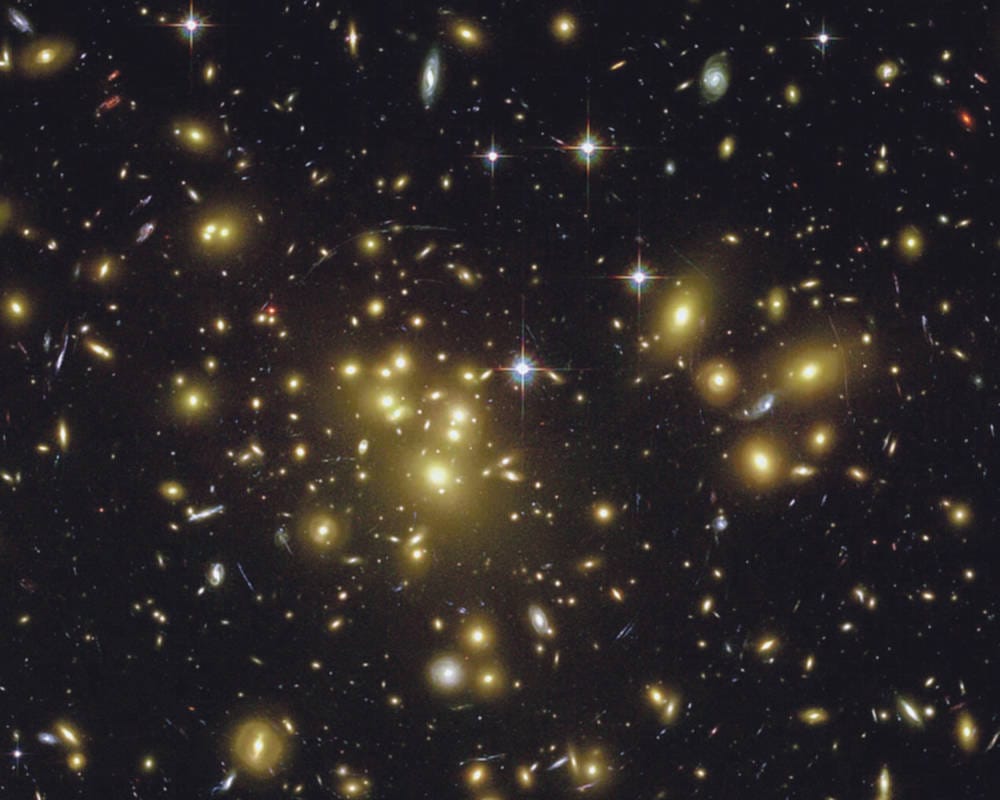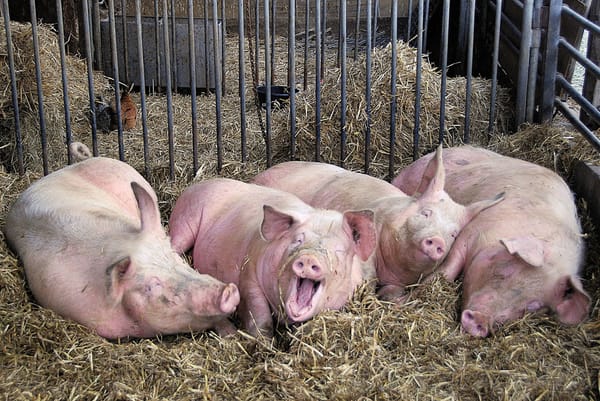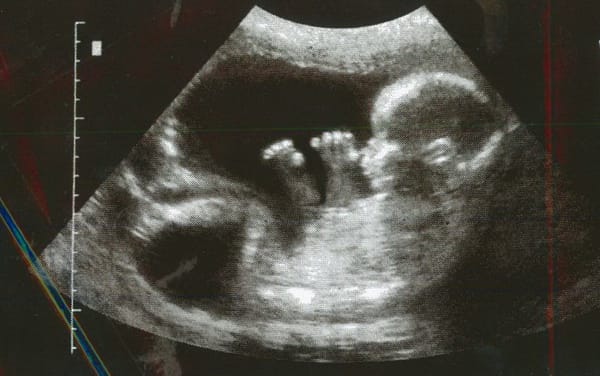Cosmic zoom lenses magnify galaxies
What exactly are gravitational lenses and how do they work?

The detection of gravitational lenses, which are essentially magnifying glasses of a cosmic scale, is harder than you would think. The identification process has hitherto been time-intensive, but a new technique developed in part by researchers at Imperial has proved hugely successful. Experiments at the Hershel Space Observatory detected the bright infra-red light signals irradiated by dusty star-forming galaxies that had been gravitationally lensed. The location of the nearby galaxy acting as the lens could then be narrowed down. This targeted search is far more effective than performing a blind search across the cosmos, as previously done.
But what exactly are gravitational lenses and how do they work? The theory behind them (like a lot of phenomena in modern physics) harks back to Einstein, who showed almost a century ago with his theory of General Relativity that mass causes a curvature in space-time. The warped space-time will cause everything – even light – to bend around the mass, and this effect is intensified when light passes something as massive as a galaxy. This is where the idea of a ‘lens’ comes in to play; light from distant objects can be distorted by the gravity from a nearby mass in a way that can increase the angular size and brightness of the object and even cause multiple images of the object to form. Gravitational lensing can be exploited in the study of high-redshift galaxy structures, since scales can be probed beyond those accessible by the largest telescopes in existence.
Gravitational lenses allow far away galaxies to be seen as if they were nearby; some of the lensed galaxies detected by the Hershel Observatory are so distant that they are seen as they were when the Universe was a tender age of 2-4 billion years - less than a third of its current age. By peering back in time into the early Universe, we can analyse how the building blocks of the Universe have changed since its infancy. Professor Rob Ivison of the Royal Observatory, Edinburgh, who was part of the team comments: “This relatively simple technique promises to unlock the secrets of how galaxies like our Milky Way formed and evolved. Not only does the lensing allow us to find them very efficiently, but it helps us peer within them to figure out how the individual pieces of the jigsaw came together, back in the mists of time.”
Dr Loretta Dunne of Nottingham University adds that once all the experimental data has been obtained, “we can probe the early universe on the same physical scales as we can in galaxies next door.”






